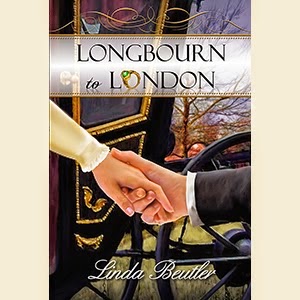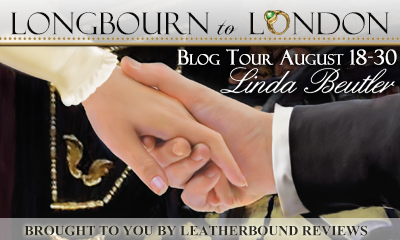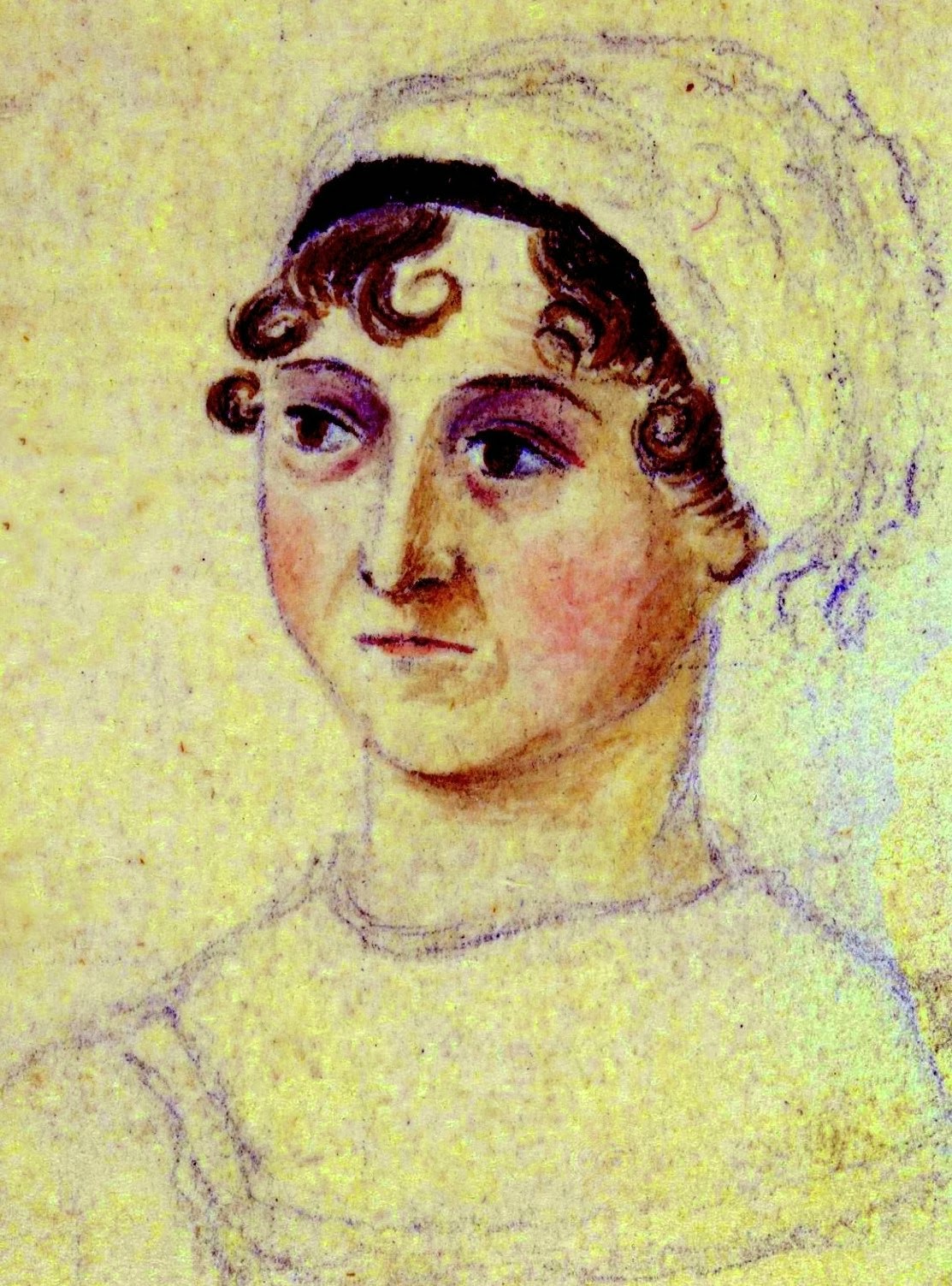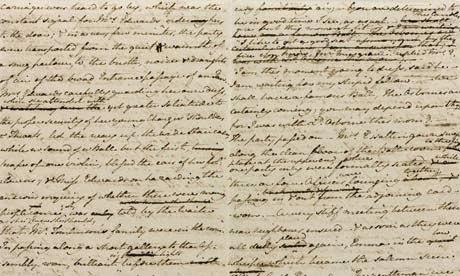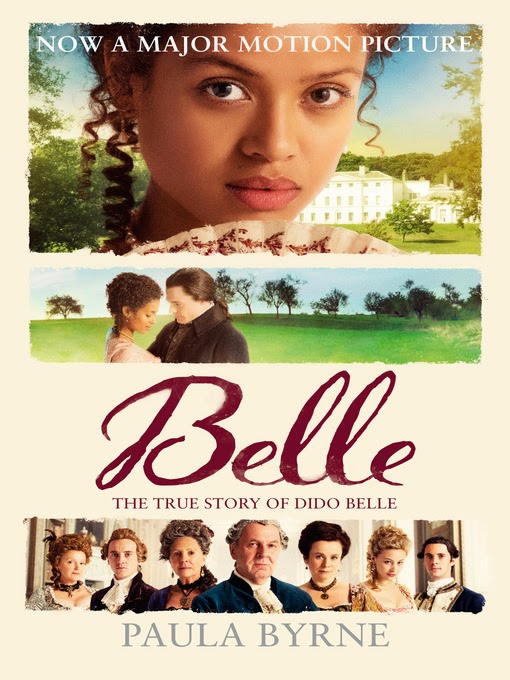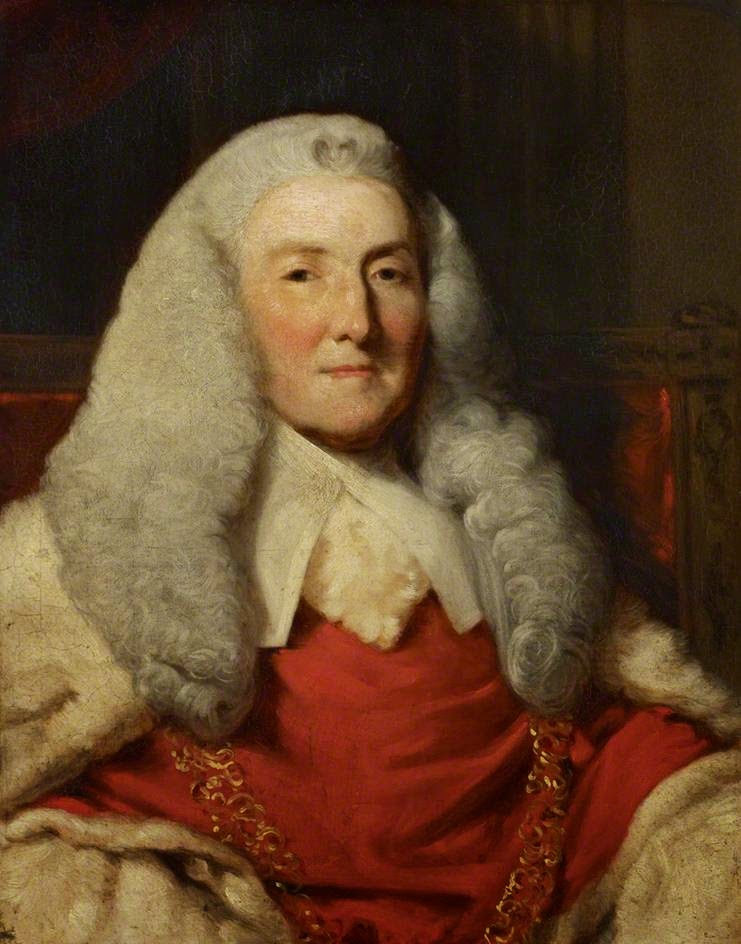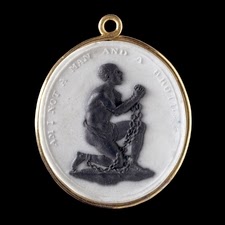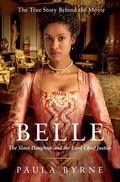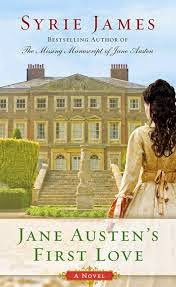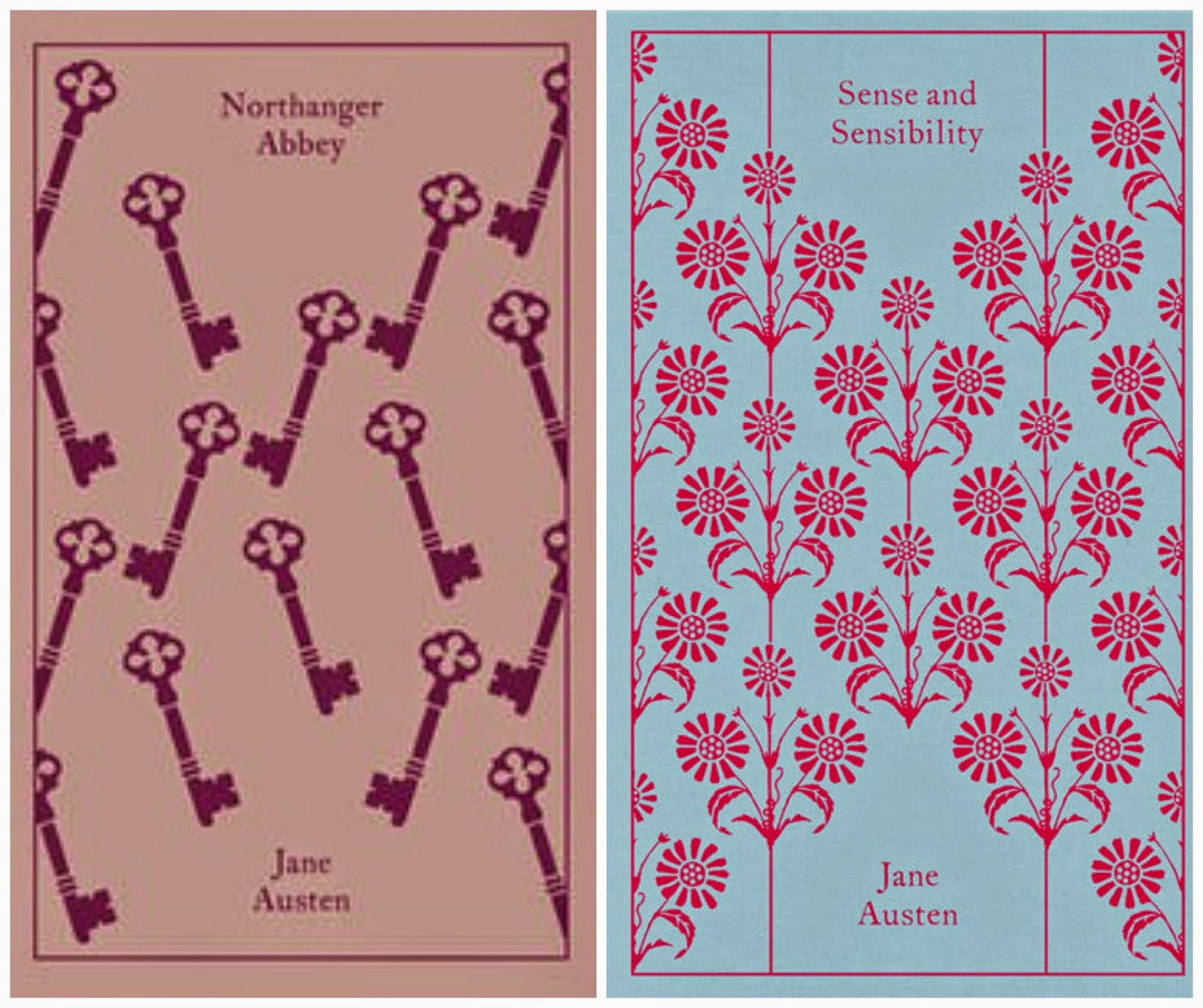Longbourn to London isn’t a variation or a sequel per se, but instead looks at a part of the story that Austen skims over pretty quickly, the betrothal period of Miss Elizabeth Bennet and Mr Darcy. This book picks up a week into the betrothal of our beloved couple and follows them through to the first week or so of their marriage, so it spans around 6 weeks:
“...which to some might appear uneventful. These weeks were, in fact, full of countless small adjustments to their understanding of each other.”I’d read a book by this author before, The Red Chrysanthemum (you can see my review of that here), which is an Austenesque variation where we see a different type of courtship between the couple, followed by their married life with a particular focus on Elizabeth’s sexual awakening, so I was expecting a sexual element to the book, but it’s actually the key theme of this book. Here Elizabeth grapples with the feelings that Darcy incites within her, and frets about her ignorance of marital relations, a fear which is fuelled by vulgar Aunt Phillips:
“I do feel especially sorry for you Lizzy, as I think Mr. Bingley can be managed, but how you are to control a man who looks at you as Mr. Darcy does, well I am sure I do not know.”There are a number of additional social engagements due to the betrothals and Elizabeth and Jane find themselves beset by local matrons trying to frighten them with stories of how the marital bed will be for them. After one of these events, where Mrs Bennet does nothing to protect them, Lizzy is unable to sleep. Realising the source of her distress was a lack of knowledge, Lizzy wonders how she can learn of the facts rather than continue to worry in her ignorance and remembers some books she found, years ago in a drawer in her father’s study that she was forbidden to look into. Creeping down to study the books in the middle of the night she is found, but luckily only by Jane, who decides that she is going to try not to worry about things and trust that Mr Bingley will be kind to her. Unfortunately that passive course of action doesn’t recommend itself to Elizabeth, and she decides that she will make a study of the books. She even frankly informs Mr Darcy of her fears, and the books’ existence the next day. Unable to dissuade her, Mr Darcy instead informs Mr Bennet of the issue and Mrs Gardiner finds herself in receipt of several letters all asking for help with Lizzy.
Due to an argument with her husband, Mrs Bennet practically washes her hands of Elizabeth and is pretty unkind to her at every opportunity. This is a fairly harsh portrayal of her, which I always think is a shame, as in Pride and Prejudice I always got the impression that although Lizzy challenged her mother and was her least favourite child I never doubted Mrs Bennet’s love for all her children. I also think that since Lizzy had made a stellar match that Mrs Bennet would be anxious to stay in her good books, as Lizzy would be in a better position than Jane to save Mrs Bennet and any unmarried daughters should Mr Collins turn them out into the hedgerows! I enjoyed the portrayal of Mr Bennet in this story as a loving father to his Lizzy, telling Darcy tales of her childhood, and watching them together to reassure himself of their compatibility.
Although the change from maiden to wife is a big jump Elizabeth is not only going to be doing different things physically, but will be expected to take on the role of being mistress to Darcy’s country estate and town house, both of which would be much larger than what she was used to. In addition to this, she would be changing her social circle not only because she is going to live in a different area, but also in a different social sphere, knowing that some people will be less than welcoming to her. Although I don’t see Lizzy as a character particularly prone to worrying I think it’s likely that if she were to worry about the unknown she would have worried about or at least considered all of this, but in this book her focus is solely on the upcoming changes to their physical relationship, it seemed a little imbalanced to me.
Lizzy and Darcy’s relationship grew really nicely in this book, it was lovely to see how close they were. From the beginning Lizzy was confiding in him, and he was open with her as well. This is just how I see them as a couple, they had already had experience of sharing their secrets regarding Wickham so they had already shown a high level of trust in one another and I think that they would have been very close. The author makes the argument in her foreword that Mr Darcy is just as much of a tease as Lizzy, as evidenced by their repartee when Elizabeth was staying at Netherfield, amongst other times. It also seems likely that he had a good sense of humour, as a humourless man wouldn’t have been attracted to Elizabeth unless he was entirely oblivious to her character, like Collins! I really liked Darcy’s humour in this book, as we got to know him better:
“It makes proposing much easier, I find, if one’s aunt has revealed that one will be accepted in advance of taking the risk.”If you prefer your Austenesque reading without sex scenes I think you may struggle with this one. The sex scenes are not that graphic, but there are quite a few of them, and there is a level of sensuality though the book, even the parts with no sex scenes. I would say the main theme of the book is the transformation of maiden to bride in an emotional but also in a physical sense which is the type of thing that some readers prefer to avoid. However, if you don’t mind sex scenes and the heavy emphasis on the sensual side of Elizabeth and Darcy’s relationship then perhaps you should give this one a go. I find this author’s style is very readable, and I enjoyed the book, although I would have preferred it to focus on a wider range of the changes to Elizabeth’s life rather than just in the bedroom (or in several of the bedrooms as it turns out!).
I received a copy of this book (which by the way is a gorgeous slinky matte version) from Meryton Press via Leatherbound Reviews for my honest review as part of the Longbourn to London blog tour. Thank you so much for letting me take part!
Would you like to win a copy of Longbourn to London or read an excerpt or guest post more from the author, Linda Beutler? Of course you would! So make sure you check out the other stops on the blog tour.
Past Stops:
- Interview and double giveaway - My Jane Austen Book Club
- Excerpt and giveaway - More Agreeably Engaged
- Guest post - Laughing with Lizzie
- Review - Wings of Paper
- Interview - Little Munchkin Reader
- Excerpt and giveaway - The Calico Critic
- Review - Diary of an Eccentric
- Guest post and double giveaway - My Kids Led me Back to Pride and Prejudice
- Interview and giveaway - The Darcy Obsession
- Guest post - My Love for Jane Austen
- Review - Songs and Stories
Would you like more info on this author? You can connect with Linda Beutler here:

